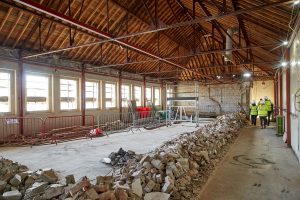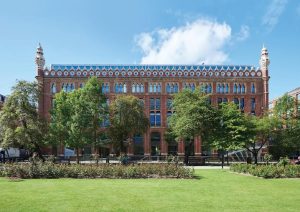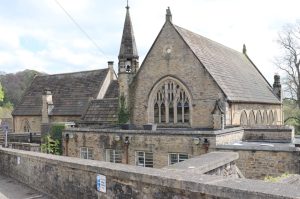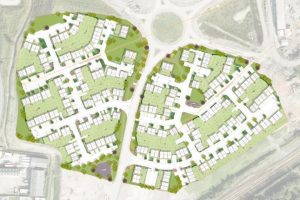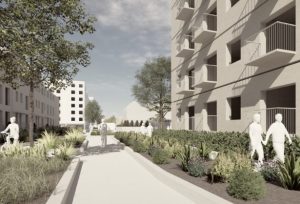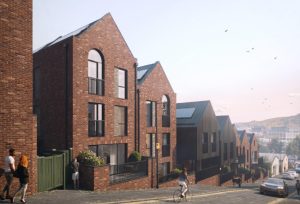Latest phase of technical college expansion is converting former fire station
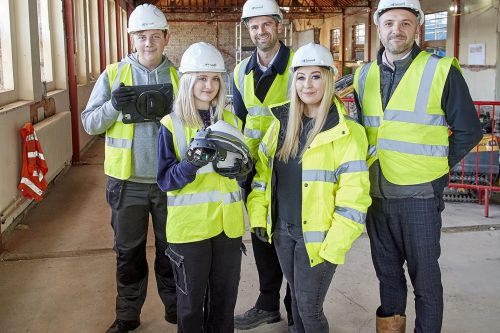
Expansion works are under way at Hull’s Ron Dearing University Technical College (UTC).
The school in Kingston Square opened its doors in 2017. Following significant funding from the Department for Education (DfE), it is increasing student places from 600 to 800 to meet growing demand.
Phase one of the expansion, completed in August, involved remodelling areas of the existing building to create two new science laboratories, a new science classroom and additional independent study space for sixth formers.
Phase two includes the renovation and repurposing of the former Central Fire Station next door to the school into a satellite site.
The ground floor of the former fire station will house a “smart” exhibition centre which will be used by students and the UTC’s employer partners to showcase low carbon technologies and lead the green revolution across the region.
It will also double up as a creative exhibition space to host artists in residence, art exhibitions, arts markets and community arts projects.
The first and second floors will be home to STEAM Studios, which will provide the UTC’s growing Creative specialism with three art and design studios, a ceramics room, printmaking facilities and two high-tech digital labs. Floor one will also house a brand new Sixth Form Centre.
The expansion will enable an additional 200 students to study Level 3 qualifications in engineering, creative and digital and provide local industry with additional highly skilled and qualified potential employees every year.
Work to expand Ron Dearing UTC began earlier this year after Hull City Council gave the go-ahead for the plans.
Hull Esteem Consortium LEP Ltd is acting as project managers on the expansion scheme. Space Architects drew up the plans and BuildingPoint UK and Ireland provided technology for a student tour.
Contractor Sewell Construction organised the mixed and augmented reality (AR) tour of the old fire station for the Ron Dearing UTC Student Design and Build Team, who used holographic technology to bring the architect’s plans to life based on a 3D model of the site.
They used headsets, hollow lens equipment, tablets and mobile phones to visualise exactly how each area of the building will look, scanning QR codes to pinpoint various parts of the project.
Lynn Garland-Collins, director of creativity at Ron Dearing UTC, said: “The tour showcased the importance of learning digital skills to open up further opportunities in the future and support students into exciting careers in the creative, construction, digital and renewables industries.
“The additional space and specialist facilities also means we can increase the number of creative qualifications we can offer, including A-levels in Graphics and Product Design in addition to the Photography, Fine Art and iMedia courses we already run.”

